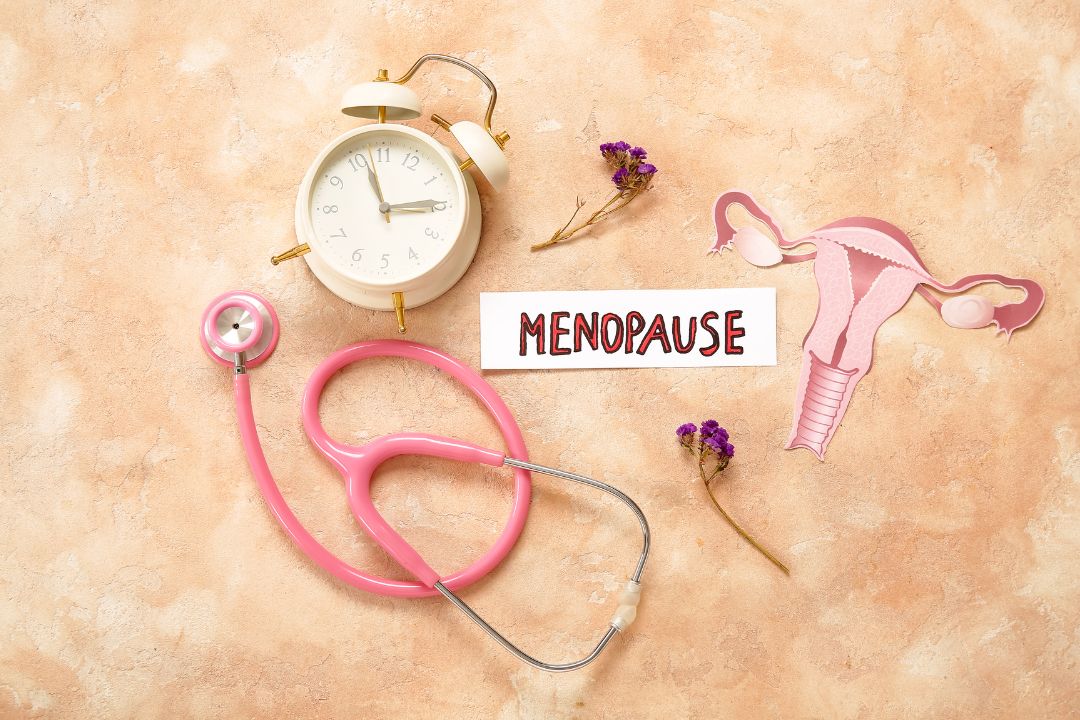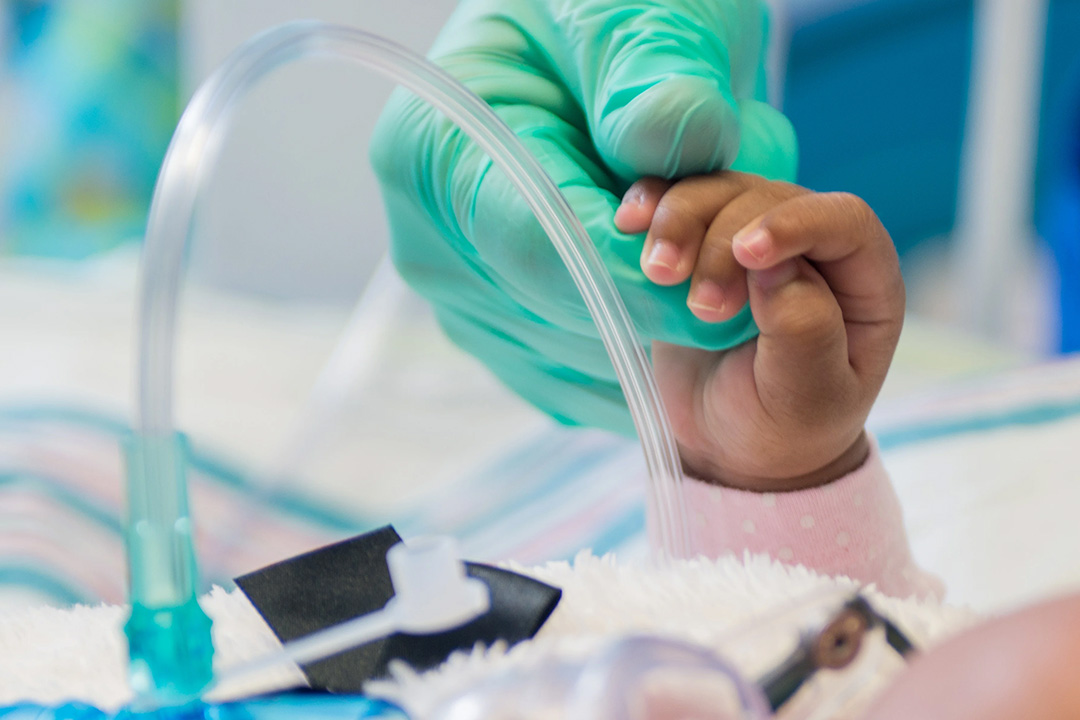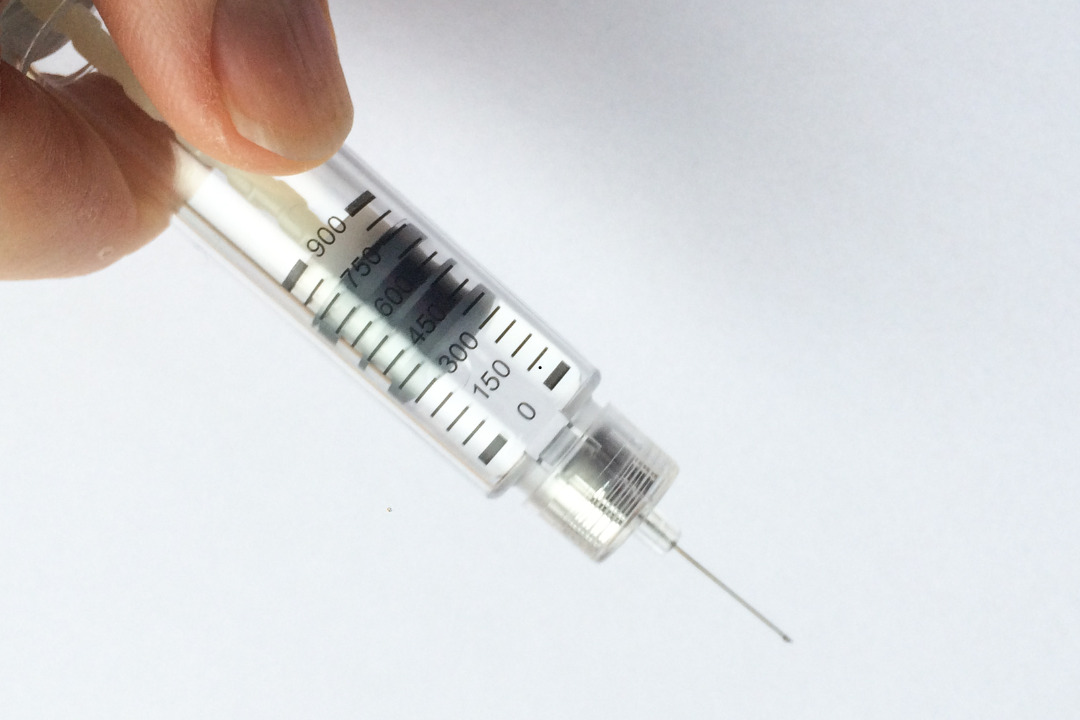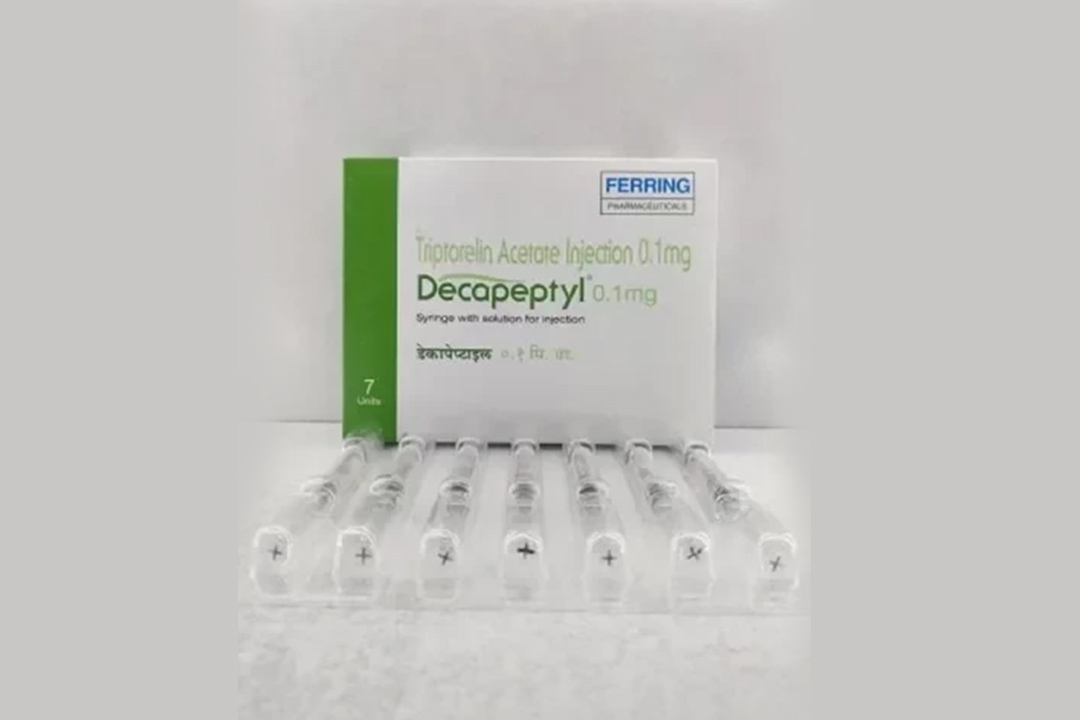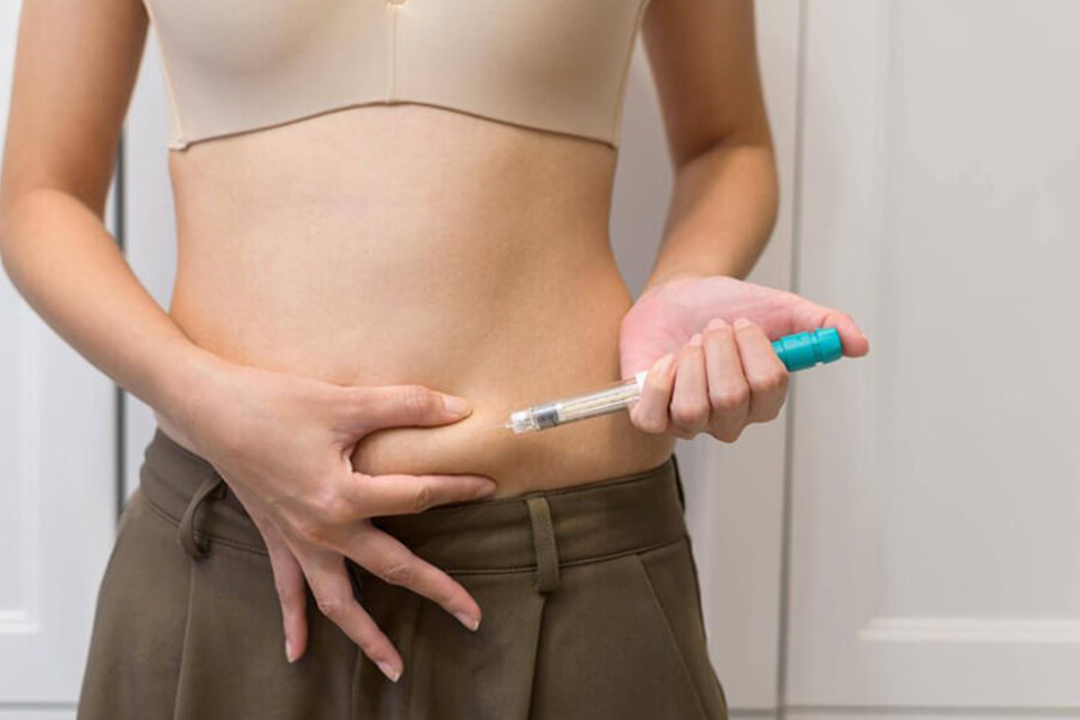The Impact of Egg Size on Fertility: Understanding the Connection on Pregnancy
Egg size plays an important role when it comes to pregnency. This factor is usually overlooked. This article explores the minimum and maximum egg sizes for successful pregnancy, the causes of poor egg quality and natural ways to improve egg size and overall reproductive health.
What is the Relation Between Egg Size and Getting Pregnant?
There are various factors on why a couple can’t get pregnant. The doctor during this time will consider various factors that can be the cause of infertility. Of all these factors, one of the least looked for factors will be the egg size. It has been understood that for fertilization to occur the egg needs to be of the correct size. When the egg is smaller than normal, it can be having some chromosomal abnormalities. Miscarriage or abnormalities in the baby can be seen due to these issues.
What is the Minimum Egg Size to get Pregnant?
It is commonly found out that when the egg is of smaller size then the woman can’t get pregnant. As the small eggs may have chromosomal abnormalities with abnormal DNA, a condition known as aneuploidy, it will increase the risk of miscarriages.
These chromosomal abnormalities will be seen in the developing baby. Even if a woman did get pregnant then the chances of her sustaining that pregnancy for full-term is low. There is a very huge chance of miscarriage always.
16-18 mm (1.8–2 cm) in diameter is the right size for any egg to get fertilised as per studies. If the size of the egg is smaller than this it will reduce the chances of pregnancy or increase the chances of miscarriages.
What is the Maximum Egg Size to get Pregnant?
Although having smaller ovaries or eggs can reduce the chances of pregnancy. Having too much bigger ovaries will also decrease the chances as well. Larger ovaries might indicate some of serious conditions such as tumours and ovulation disorders.
But it should be noted that having bigger ovaries does not mean big eggs. A large egg is helpful to become pregnant. Whereas, a large ovary can be a serious issue medically which might decrease the chances of getting pregnant. When conditions like these arise, people are advised to see a doctor.
What is the Normal Size of Egg to get Pregnant?
The bigger the better is a notion that is seen when it comes to the size of the egg. On average, according to the doctors, a follicle size of 18–20 mm (1.8–2 cm) in diameter is good enough for fertilization.
Whereas an egg around 23–28 mm (2.2–2.8 cm) in diameter is considered even better as a bigger egg will increase the chances of a successful IVF pregnancy.
What are the Causes of Poor Egg Quality?
Whenever there is a health issue, it is necessary to understand the root cause of the problem. There are certain reasons which cause the eggs to be of poor quality including smaller size such as,
- Ovarian Disorders: Polycystic Ovary Syndrome (PCOS) is a common ovarian disorder which affects the egg development. It happens by disrupting the normal ovulation. In conditions like these follicles may not mature properly. This will lead to smaller or poor-quality eggs. PCOS can also causes hormonal imbalances which can impact the egg size and viability.
- Hormonal Imbalances: Hormones such as follicle-stimulating hormone (FSH) and luteinizing hormone (LH) are very important for egg development. Any imbalance in these hormones can prevent the follicles (eggs) from growing to their right size thus resulting in smaller eggs. Other conditions such as thyroid disorders and hyperprolactinemia may also affect egg size and quality.
- Previous Pregnancies: Although previous pregnancies may not affect future egg size, it is to be understood that as a woman ages, egg size and quality decline naturally and in some cases, post preganacy hormones may have a role in it.
- Age: Age plays an important factor when it comes to egg quality. As a woman ages, the quality of egg decreases due to increase in genetic defects. This will lead to decreased size of the eggs as well. This will be decreasing the overall fertility and affect the chances of getting pregnant. Fertility usually starts to decline after the age of 35.
- Genetics: Having certain or specific genetic disorders might have a negative impact on the quality of the eggs produced.
- Chemical exposures: Being exposed to harmful chemicals regularly may cause the hormones to be imbalanced.
- Lifestyle: Smoking, excessive drinking, obesity, and being exposed to toxins in the environment will together have a bad impact on the egg size and quality.
How to Increase the Egg Size for Getting Pregnant?
Having a poor egg size can be affecting the chances of conceiving. There are various natural options available to help a woman to improve egg quality and size. These include,
A. Lifestyle Changes:
- Balanced diet: Consuming a well-balanced diet which is rich in fruits, vegetables, lean proteins, and whole grains will provide the essential nutrients that are necessary for an optimal egg health. It is important to consume food that are filled with antioxidants, healthy fats, and enough amount of vitamins and minerals which support the reproductive system.
- Exercise: Moving the body regularly by doing exercise such as swimming, jumping ropes, walking and jogging is important to maintain good overall health and will positively impact the fertility. People are advised to follow moderate-intensity activities such as brisk walking or swimming. This will help to maintain a healthy weight and being down the stress.
- Stress Management: Having chronic stress might negatively affect the hormone balance and the overall egg quality. People are advised to follow breathing exercises, meditations or yoga all of which are good at bring the stress down. Practicing gratitude, spending time nature and journaling will help at having good emotional health.
- Smoking and Alcohol: Smoking and excessive alcohol consumption will togther harm the egg quality. Avoid smoking and consuming alcohol intake will help to better the reproductive health and thereby having good quality of eggs with a normal size.
B. Supplements and Vitamins:
- Coenzyme Q10 (CoQ10): CoQ10 is known as a strong antioxidant. It plays an important role in energy production inside the cells. There are some studies which suggest that CoQ10 supplementation might improve the egg quality and thereby enhance the fertility in women.
- DHEA (Dehydroepiandrosterone): DHEA is a hormone precursor which will help in balancing the estrogen and testosterone levels. There are certain researchs which indicate that DHEA supplementation can help to improve the ovarian function and egg quality. It is seen mainly in women with decreased ovarian reserve.
- Inositol: A sugar-like compound that is found in various foods known as inositol is important for insulin sensitivity and regulating the hormones. Inositol supplementation will improve egg quality and ovarian function, mainly in women with polycystic ovary syndrome (PCOS).
- Antioxidants: Consuming supplements such as vitamins C and E will help women to protect the eggs from damage that can be caused by the free radicals. Increasing the intake of antioxidants will help women to improve egg quality. This in return will increase the overall fertility and aid the woman in conceiving.
It must be kept in mind that too much of anything either exercise or supplements can be bad for the overall health of a person. It is always advised to patients to consult a doctor and understand the underlying health conditions before taking any kind of supplement.
References

About Us
AKsigen IVF is a premier center for advanced fertility treatments, with renowned fertility experts on our team. Specializing in IVF, ICSI, egg freezing, and other cutting-edge reproductive technologies, AKsigen IVF is committed to helping couples achieve their dream of parenthood. With personalized care and a patient-first approach, AKsigen IVF provides comprehensive fertility solutions under one roof.
















